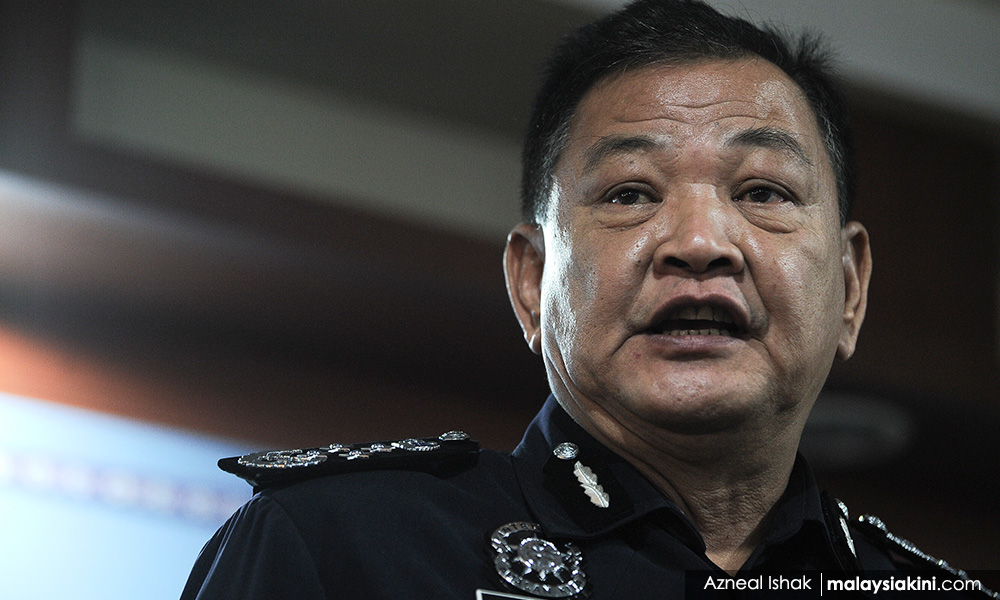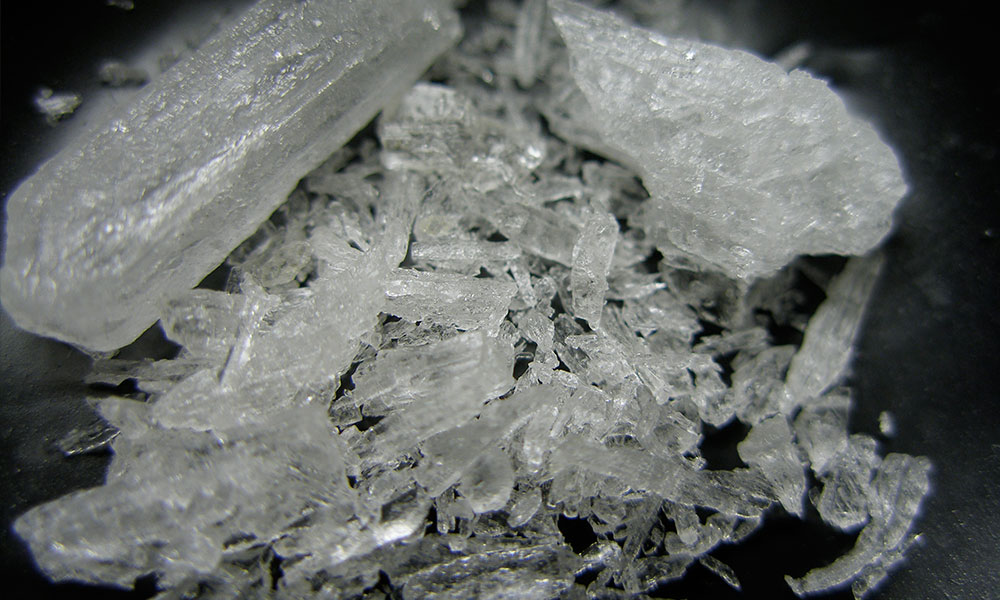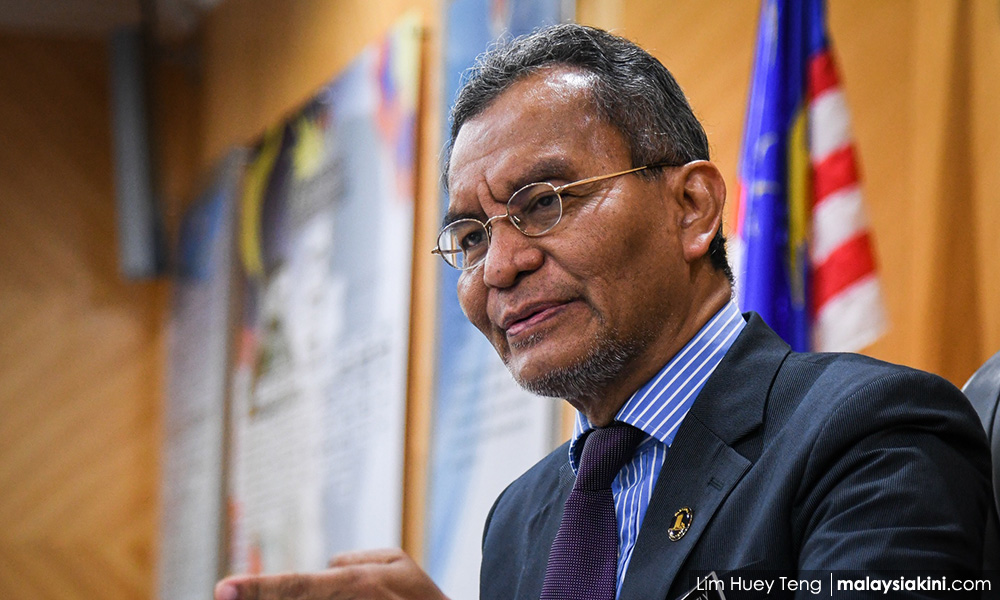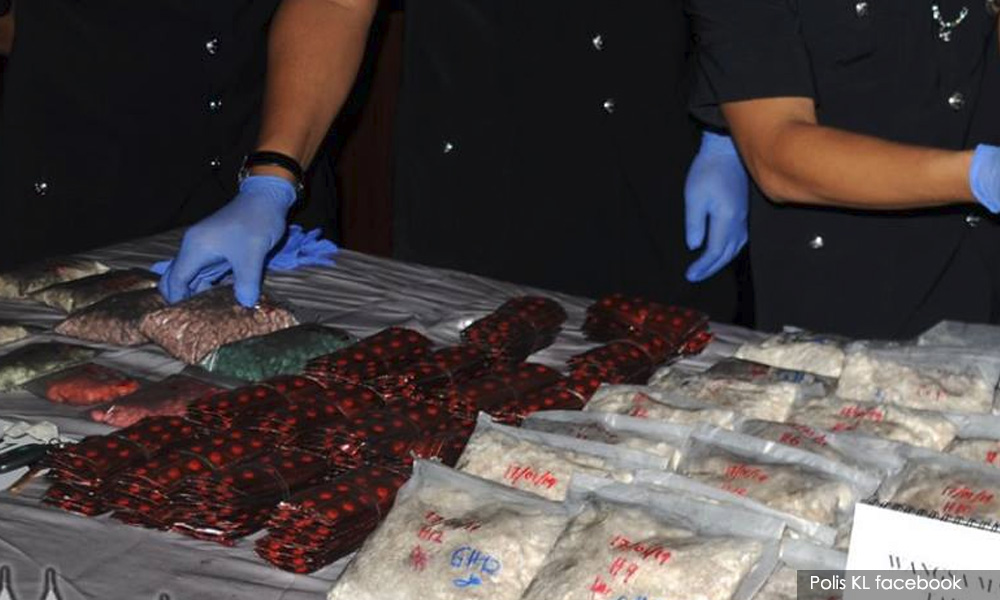
An expert on substance abuse has questioned Inspector-General Abdul Hamid Bador’s claims that drug abuse in Malaysia is now at critical levels and could become “on par with Colombia.”
Universiti Malaya Centre for Addiction Science Studies director Dr Rusdi Abd Rashid pointed out that no nationwide studies have been carried out in Malaysia to determine the prevalence of drug abuse.
This means there is no basis for comparison to determine whether drug abuse is indeed on the uptrend or otherwise.
“I’m actually not sure what the IGP meant by saying that the drug problem is becoming more critical. What is the basis of that claim? Were there any prevalence studies conducted by the police?
“Or, is it just based on the number of arrests that depends on the number of drug raids conducted? The more operations; the more arrests would be made. That doesn’t mean more drug problems.
“The National Anti-Drugs Agency’s figures are based only on the number of arrests and there is no solid data on the actual number of addicts. The IGP may have been relying solely on Nada’s figures,” he told Malaysiakini yesterday when contacted.
Rusdi said he believes the prevalence of heroin abuse may, in fact, be on the decline due to the availability of methadone replacement therapy, which proved highly effective in preventing relapses.
On the other hand, the prevalence of stimulant abuse – involving drugs such as methamphetamine, cocaine, and ecstasy – may be on the rise.
“That’s why many rehabilitation centres have few inmates and some have been closed, except for a slight increase in addicts of stimulants that have just recently been placed under the Dangerous Drugs Act 1952 several years ago,” he said.
On Monday, Hamid said the Narcotic Crimes Investigation Department had been cracking down on drugs and is cooperating with neighbouring countries. This includes conducting raids against its personnel.
Since January, at least 30 police personnel had been arrested on suspicion of on abusing methamphetamine, he added.
However, Hamid said raids alone are not adequate and a more holistic approach is required. He urged the government to provide the police with “something sharper” to tackle the problem.
Late last month, Health Minister Dzulkefly Ahmad (photo) announced that the government was planning to decriminalise the possession and use of small quantities of drugs and treat drug addicts as patients requiring assistance rather than criminals to be punished.
Nevertheless, drug trafficking would remain a criminal offence.
Speaking on the matter, Universiti Sains Malaysia criminologist and psychologist Geshina Ayu Mat Saat opined that decriminalising drug use would not help reduce drug abuse in Malaysia.
“Yes, the statistics would go down since it’s no longer a crime, (but) there are larger implications to be considered.
“There would no security for bystanders since hallucinations caused by self-administration (of drugs) may endanger others such as while driving or committing crimes under the influence of drugs," she told Malaysiakini.
“Suicide by overdose would no longer be an issue because it would be self-monitored, and drugs would become the first choice for dealing with problems, stress, pain, and so on.
“Decriminalising drugs may also be used as justification to decriminalise other criminal and pro-criminal activities related to drug use,” she added.
Although drug abuse is an act of self-harm and self-sabotage that is done deliberately, Geshina admitted that it is a complex issue.
Unfortunately, she said, Malaysia lacks experts to can handle such issues, such as those with expertise in trauma management, rehabilitation, family therapy, and victimology.
Decriminalisation
Unlike Geshina, however, Rusdi supports the decriminalisation of drug use and said the problem cannot be solved if drug addicts continue to be treated as criminals.
Instead, it can be solved “to a certain extent” if they are treated as patients.
“Drug abuse is a chronic disease just like diabetes. Has diabetes been cured? No, and it will never be.
“However, we can prevent complications. We can avoid having to remove diseased kidneys, prevent nerve damage, avoid leg amputations. How? By taking medication, insulin injections, adopt a low-sugar diet and a healthy lifestyle,” he said.
Likewise, he said drug addicts can be treated to avoid serious complications without isolation or imprisonment.
“We can give methadone for heavy users of heroin and for methamphetamine users, we’d give naltrexone, methylphenidate, antipsychotics, antidepressants, and so on.
“For alcohol addicts, we can detoxify them with long-acting benzodiazepine and anti-craving agents, followed by counselling to prevent relapse,” he explained.
“All these can be done on an outpatient basis and they can continue their work or study.
“There is no need to separate them from their families for two years only to have them return to drug dens in less than a month, and finally resort to thievery because they couldn’t find work.
“They can’t get jobs because they would have a criminal record,” he said. - Mkini






No comments:
Post a Comment
Note: Only a member of this blog may post a comment.